
Elon Musk Urges Millions to Cancel Netflix as Boycott Gains Viral Momentum
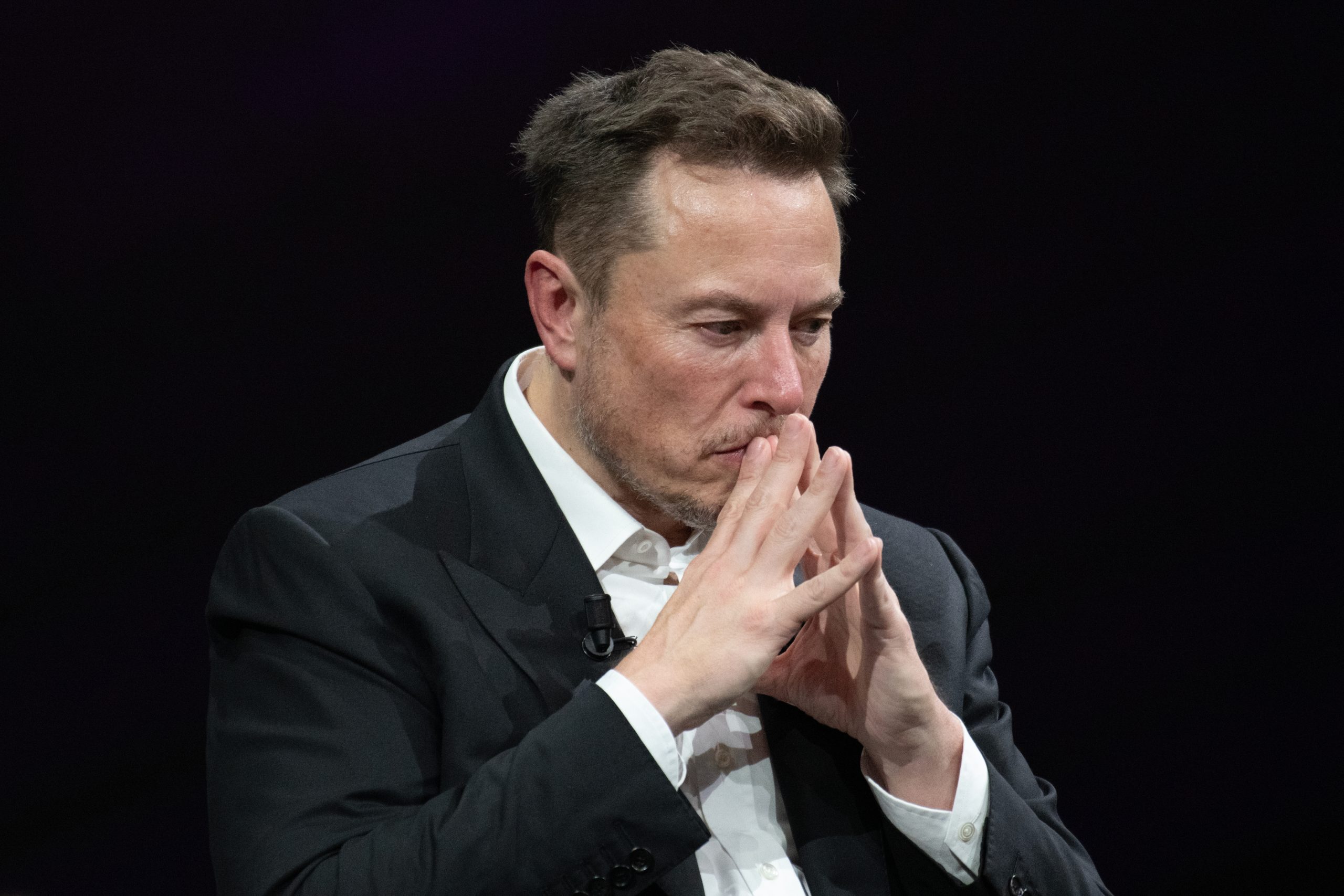
Elon Musk vs. Netflix: How a Single Tweet Sparked a Global Culture War
When Elon Musk speaks, the digital world listens—and often explodes. The billionaire entrepreneur, known for moving markets with a single tweet and shaping conversations across industries, has once again waded into controversy. This time, his target is Netflix. What began as a single repost of a video clip has escalated into a full-fledged boycott campaign, with Musk urging his 226 million followers to cancel their subscriptions. His stated motive: protecting children from what he and his supporters describe as “woke indoctrination” in Netflix’s programming.
Yet beneath that rallying cry lies a deeper and more complex story—one that intertwines personal history, political ideology, and the increasingly blurred lines between entertainment, activism, and influence in the age of social media.
The Spark: A Show and a Storm
The uproar centers on Dead End: Paranormal Park, an animated Netflix series that premiered in 2022 and ran for two seasons before its cancellation in 2023. The show was widely praised for breaking new ground—it featured a transgender teenage protagonist, a bisexual autistic character, and an ensemble of diverse voices rarely seen in children’s animation. For advocates of LGBTQ+ representation, it marked a milestone in inclusive storytelling.
For critics, however, Dead End became another flashpoint in what they perceive as a campaign to inject political messages into children’s entertainment. Musk amplified these sentiments when he reposted a clip from the show with a curt condemnation: “This is not ok.” Within hours, his post was viewed millions of times, and by the end of the week, #CancelNetflix was trending globally. A single comment had turned a small social-media controversy into a worldwide movement.
How the Boycott Gained Momentum
The spark that lit the fire came from the account Libs of TikTok, a right-wing social media page known for resharing LGBTQ+ and progressive content framed to incite outrage. The account resurfaced a scene where the main character comes out as transgender, accompanied by commentary implying Netflix was targeting children as young as seven with “gender ideology.”
Musk’s endorsement supercharged the outrage. He didn’t stop at a single post—he began sharing a torrent of messages accusing Netflix of brainwashing youth, promoting “anti-white bias,” and funneling money to Democratic campaigns. His followers quickly picked up the torch, transforming an isolated critique into a global digital crusade.
By the time Musk announced he had canceled his own Netflix subscription, the controversy had spiraled beyond control. Other influencers joined in, news outlets amplified the story, and the debate spilled into mainstream discourse about corporate responsibility, creative freedom, and the politicization of children’s content.
When a Family Rift Becomes Public Ideology

Musk’s involvement in this cultural clash is not incidental. His relationship with transgender issues is deeply personal—and painful. His 21-year-old daughter, Vivian Wilson, publicly cut ties with him in 2022 after legally changing her name and gender. Musk has spoken bitterly about the estrangement, calling it the result of “woke mind virus” indoctrination and describing his daughter as “dead” to him in an emotional sense.
Vivian, for her part, has said her father’s portrayal of their relationship is misleading and rooted in neglect rather than ideology. But the conflict between them appears to have shaped Musk’s public crusade against what he perceives as cultural overreach.
Observers note that his attacks on trans representation in media—including Dead End—often carry the weight of unresolved personal grief. Critics say his rhetoric transforms private pain into political spectacle, while supporters frame him as a father courageously speaking out against social forces that, in his view, harm families. The truth may lie somewhere in between: a collision of personal loss and global influence, magnified by the megaphone of social media.
The Financial Fallout: Symbolic or Substantial?
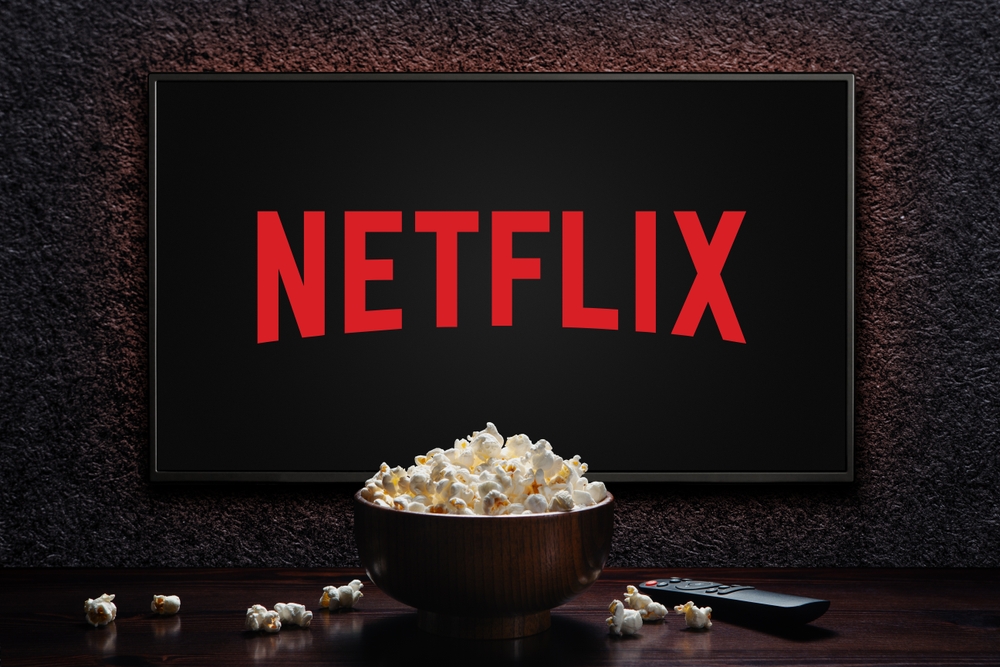
Whenever Musk wades into controversy, Wall Street takes notice. His tweets have jolted everything from Tesla’s stock to cryptocurrency markets. So when his boycott calls began, Netflix shares briefly dipped by 2–5% on trading days following the posts.
Still, analysts were quick to point out that the streaming giant remains financially robust. As of late 2024, Netflix boasted more than 300 million global subscribers and a market value nearing $490 billion. Even if a fraction of Musk’s audience canceled their accounts, the actual financial impact would likely be negligible.
Alicia Reese of Wedbush Securities noted that Musk’s remarks came too late in the quarter to meaningfully alter earnings results. Others, like CNBC’s Guy Adami, suggested that such online boycotts tend to cause short-term volatility, not lasting damage. Tim Seymour of Seymour Asset Management added that Netflix’s vast global reach and diversified content strategy make it “virtually immune to fleeting internet outrage.”
More telling than the numbers, however, is the narrative. Each controversy leaves a cultural residue that shapes public perception of Netflix—not necessarily as a company, but as a symbol in ongoing debates about free speech, identity, and corporate ethics.
Netflix’s Approach: Silence and Inclusion

Netflix has remained officially silent about Musk’s campaign, but its history speaks volumes. The company has long defended artistic freedom and the right of creators to tell diverse stories—even when doing so invites backlash.
When The Closer, Dave Chappelle’s 2021 special, was accused of transphobia, Netflix co-CEO Ted Sarandos publicly stood by the comedian while acknowledging the challenge of serving a global audience with conflicting values. “It’s impossible to please everybody,” Sarandos said, “but our job is to serve a world made of people with different tastes, beliefs, and sensibilities.”
Netflix’s internal “Culture Memo” echoes this ethos: “Our members come from many different backgrounds and want to see a wide variety of stories on screen. If you find it difficult to support the breadth of our content, Netflix may not be the best place for you.”
That philosophy has made the company a lightning rod for both praise and condemnation—hailed by progressives for inclusivity, accused by conservatives of pushing ideology. Musk’s campaign is only the latest and loudest manifestation of a battle that has been simmering for years.
Boycotts as Weapons in the Culture Wars

Musk’s call to cancel Netflix is part of a broader pattern of consumer activism turned political weapon. In 2020, Netflix faced outrage over the French film Cuties, which critics said sexualized minors. Though the controversy sparked widespread cancellations, the company’s growth resumed soon after.
More recently, Bud Light faced a devastating boycott in 2023 after collaborating with transgender influencer Dylan Mulvaney—a rare instance where such movements caused sustained financial harm. Most campaigns, however, burn brightly and briefly. They dominate headlines, stir social media outrage, and then fade, leaving companies financially intact but culturally bruised.
For Musk, the metric of success may not be financial at all. His goal seems to be shaping public discourse and aligning himself with a growing audience that defines itself by opposition to “woke culture.” To his fans, he is a truth-teller challenging powerful institutions. To his critics, he is a billionaire engaging in the very “cancel culture” he claims to despise.
Either way, the result is the same: attention, polarization, and the transformation of entertainment into an ideological battlefield.
Celebrity Power in the Algorithm Age

The Netflix controversy underscores a defining reality of our time: a single celebrity with a massive digital following can spark global upheaval overnight. Boycotts that once required weeks of planning can now ignite with a single post.
Musk’s 226 million followers make him one of the most influential individuals on Earth. His words reverberate through financial markets, media cycles, and everyday conversations. But that power comes with an ethical question: when billionaires target individual creators—such as Dead End’s writer Hamish Steele—the fallout often includes harassment and hate campaigns far beyond what a private citizen can bear.
In this way, the spectacle itself becomes the product. Outrage fuels engagement; engagement fuels profit—for platforms, for influencers, and even for the controversies they create. Musk’s boycott may have little effect on Netflix’s bottom line, but it has already succeeded in what matters most in the social media era: dominating the narrative.
What This Episode Reveals About Us
Elon Musk’s crusade against Netflix is not really about one show, one platform, or even one ideology. It reflects a broader transformation in how culture, politics, and technology intersect. Social networks have turned outrage into currency, blurring the boundaries between activism, entertainment, and propaganda.
Netflix will likely emerge financially unscathed. But the episode leaves behind an unsettling truth: we now live in an attention economy where anger is power, and the loudest voices—often the richest—can turn private beliefs into global movements.
In the end, whether people cancel their subscriptions or not may matter less than what this saga says about our time: that public discourse itself has become a battlefield, and outrage is its most valuable weapon.
News in the same category


Pick Your Robin

Earth’s Energy Imbalance Doubles Speeding Up Climate Change

15+ Things Women Find Unattractive in Men Over 50

Strongest solar flare of 2025 erupts from sun, sparking radio blackouts across Europe, Asia and the Middle East (video)

Why Driest Desert on Earth Sometimes Blooms? And What Secrets Revealed?

Norway Is the World’s First Nation to Ban Deforestation

British Father and Son Become First to Swim Through Point Nemo, the Farthest Point From Land on Earth

Life on Tristan da Cunha – The World’s Most Isolated Island with Only 264 Residents
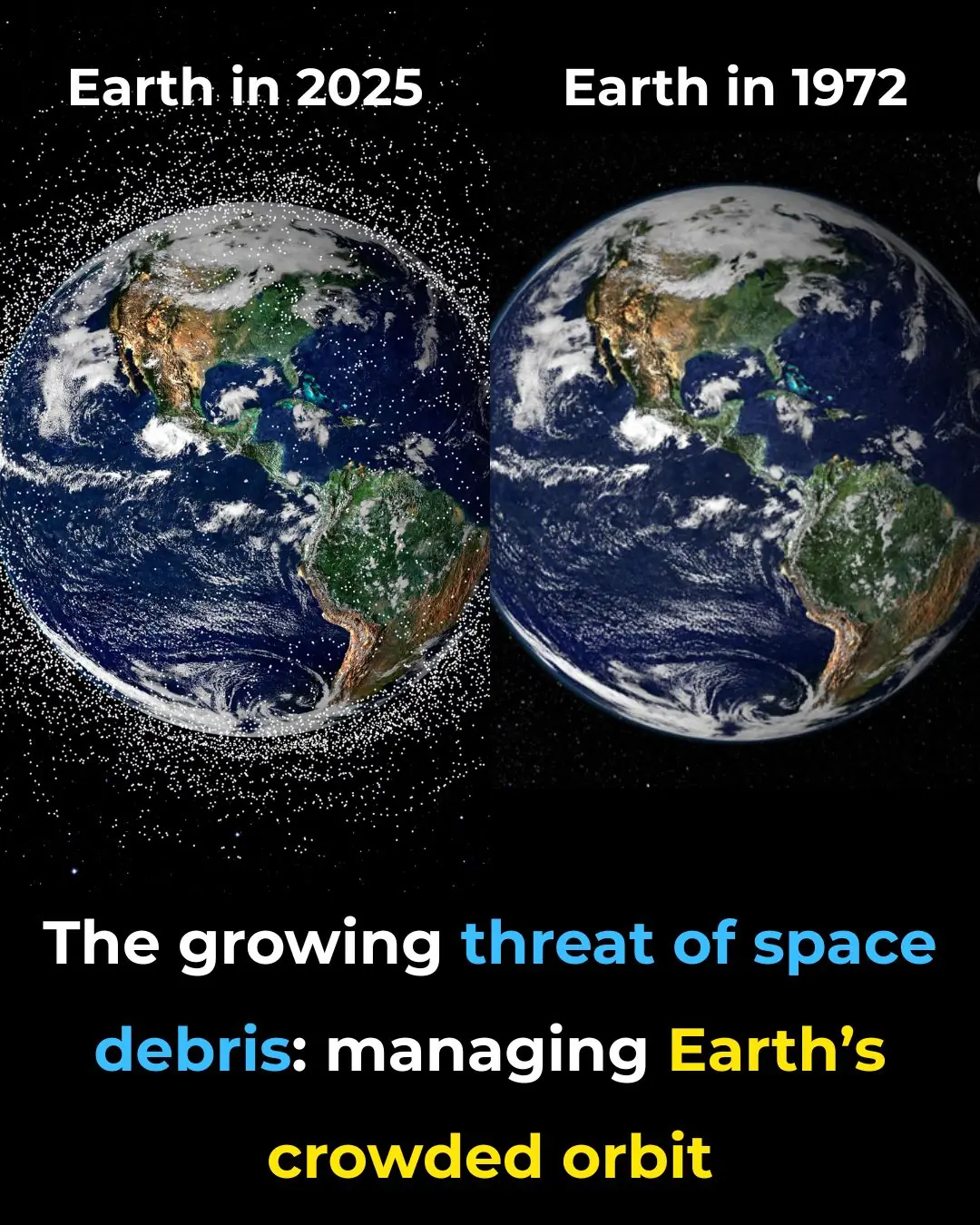
The Growing Threat of Space Debris: Managing Earth’s Crowded Orbit

Moses’ Miracle: Walk on Water at Barra Grande Beach

Scientists Find Crows Are Capable of Recursion — A Cognitive Ability Thought to Be Unique to Humans and Other Primates

Why Cats Leave Home and Don’t Return

Shocking change to Xbox Game Pass has many people canceling their subscription

What really happens to your iPhone's battery health when you charge to 80% instead of 100%

The World’s First Living Biocomputer: Where Brain Cells Meet Technology

2,000 Worms vs. 1 Plastic Bag a Day: A Surprising Discovery in Canada

The moon and Saturn meet—October 5
News Post

Jennifer Hudson Champions Musical Inclusivity Amid Super Bowl Language Debate

Jennifer Hudson Cheers on Bad Bunny’s Super Bowl Swagger — and Starts Learning Spanish Herself
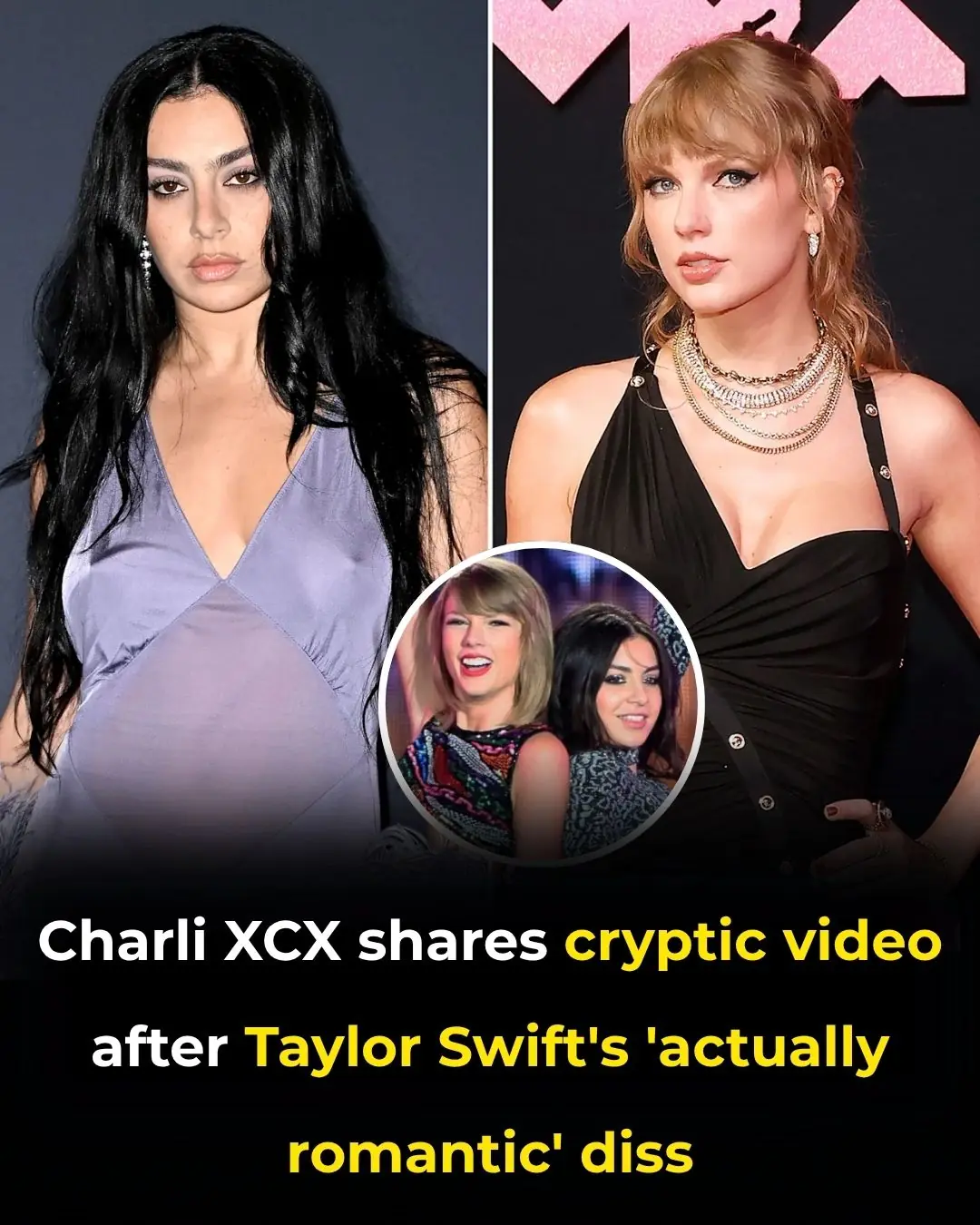
Charli XCX shares cryptic video after Taylor Swift’s ‘Actually Romantic’ diss
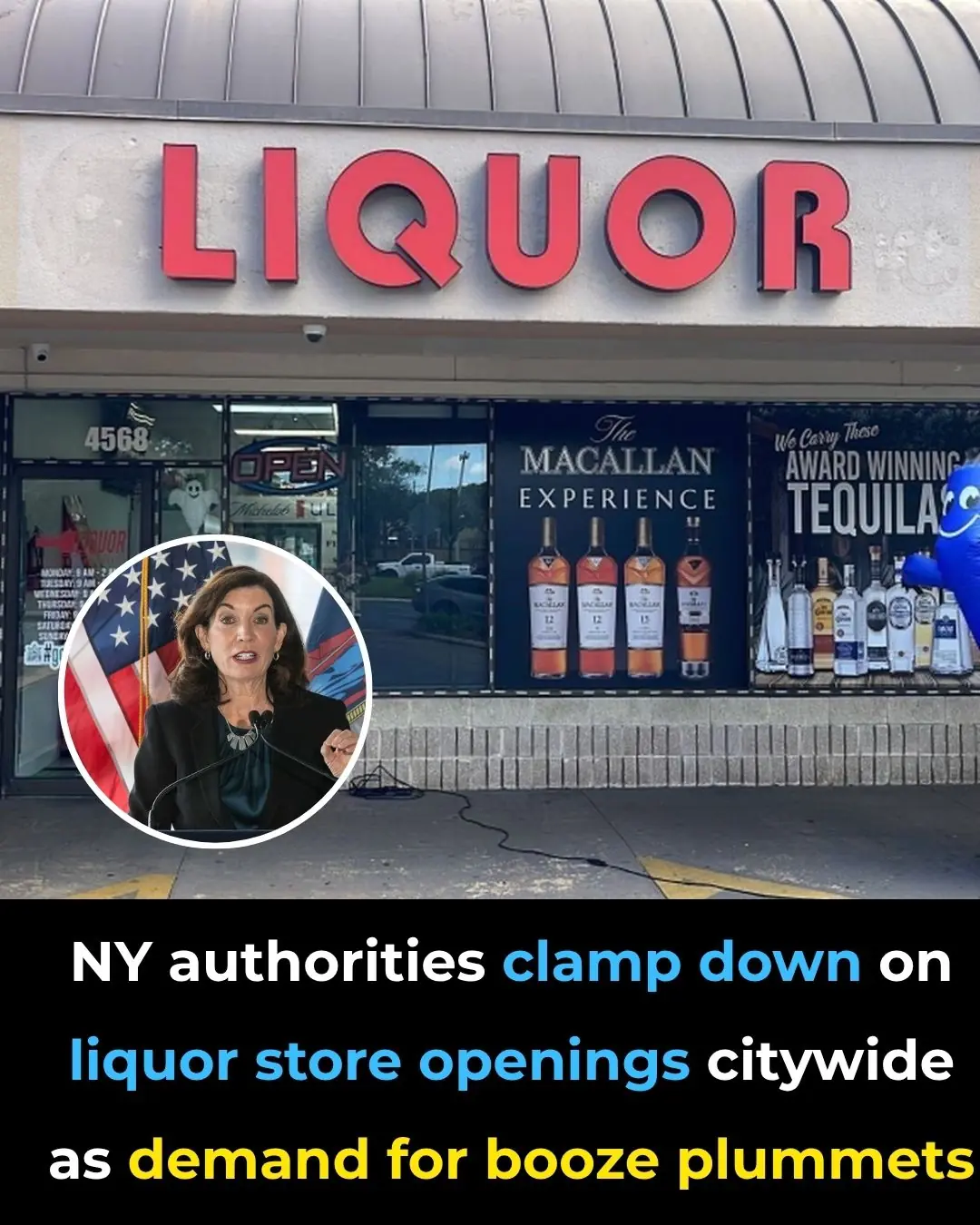
NY authorities clamp down on liquor store openings citywide as booze demand plummets

Desperate rescue effort underway to save hundreds of hikers stuck on Mount Everest after snowstorm

Six signs you may be a functioning alcoholic according to doctor

Pineapple Water: A Refreshing Drink That Supports Your Health

The Silent Threat: Recognizing Early Signs of Kidney Disease and Lifestyle Prevention

A Heartwarming Encounter: A Child’s Innocence and the Power of Love.

The Stranger Who Stopped: How One Man’s Compassion Saved a Life on a Busy Georgia Road

Baking Soda (Bicarbonate of Soda): Uses and Benefits (Science Based)

A Father’s Day Gift Like No Other: A Daughter’s Kidney, A Father’s Second Chance

Benefits of Walking: Why Walking is One of the Best Forms of Exercise 🚶♀️

Maliyah’s Fight: A Fifteen-Year-Old Cheerleader Battling Stage 4 Cancer With Courage and Faith

No Cake, No Balloons: A Firefighter’s Quiet Birthday of Purpose and Service

Orangutan Secretly Watches Over Woman During Jungle Survival Challenge

“The Stranger on a Plane: How One Man’s Kindness Gave a Mother the Gift of Rest”

A Little Fighter’s Final Victory: Remembering Bryson’s 1,027-Day Battle

A Match Made in Dog Heaven: A Toddler and Her Puppy Who Share a Special Bond
